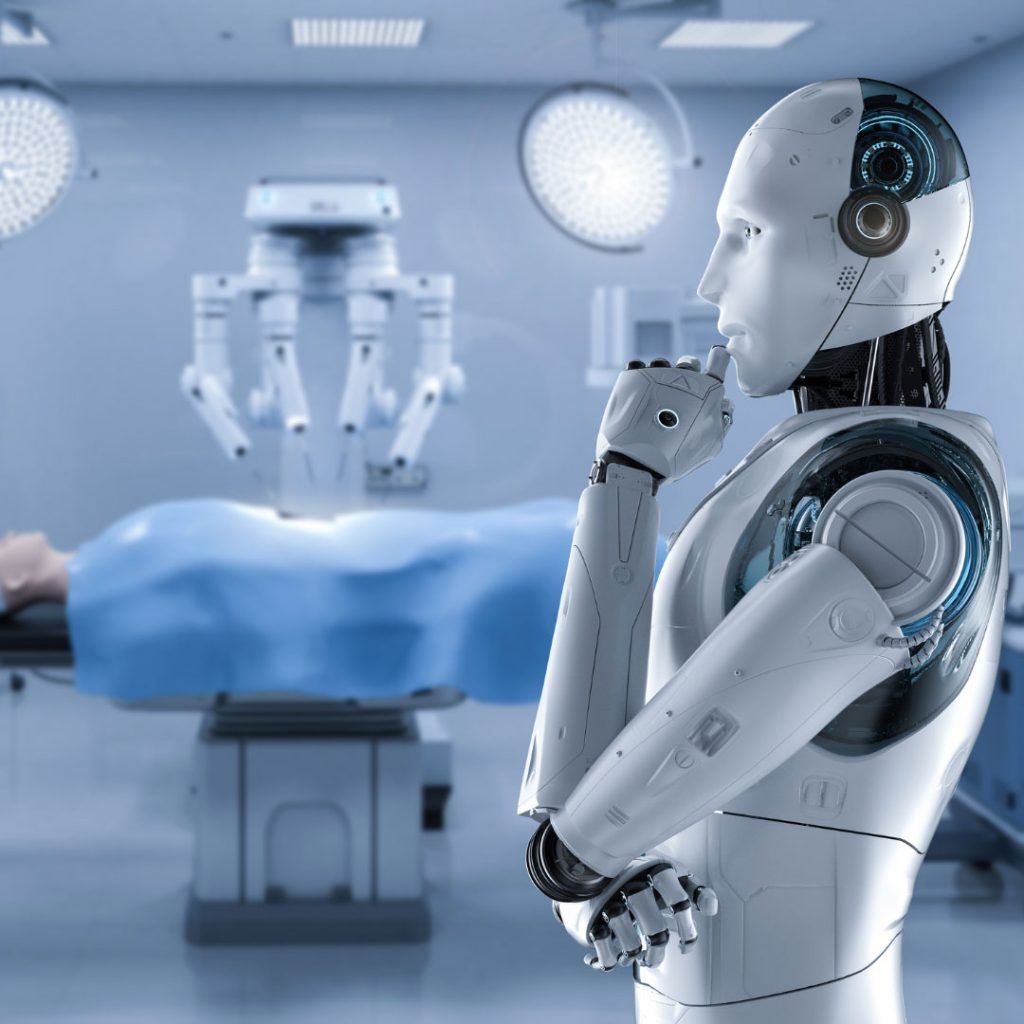New software model analyzes nearly two decades of screening data to revolutionize early detection
The future of breast cancer detection is looking brighter, and Mount Sinai Comprehensive Cancer Center physicians are excited about the potential of implementing artificial intelligence (AI) technology right here at the medical center.
A recent study published in the Radiological Society of North America’s journal, Radiology, revealed a significant development. More than a third of breast cancer cases, whether detected during regular screenings or in between, received the highest AI risk scores during prior screenings. This discovery strongly suggests that integrating AI into mammography could help detect breast cancer at an earlier stage.
While a few studies have evaluated the role of AI in prior screening mammography, this new model was employed to assess image data and screening information from mammograms performed by BreastScreen Norway, a division of the Cancer Registry of Norway, spanning from January 2004 to December 2019. The goal was to evaluate how effectively AI performs in mammogram screenings compared to double reading by radiologists.
Our team of experts at the Breast Center at Mount Sinai Medical Center believes that the use of AI for detecting new abnormalities in mammograms and MRI scans holds promise. Dr. Gopalakrishnan, a medical oncologist at Mount Sinai, enthusiastically shares her insights: “Imaging advances in breast oncology are not only occurring at the diagnostic level but also at time for disease reassessment. We anticipate that AI will be incorporated into imaging later on, and this is an exciting breakthrough.”
The study analyzed past screening exams of more than a thousand women. Those later diagnosed with cancer had their screening results evaluated by an AI system, which assigned AI risk scores. Scores ranging from 1 to 7 meant low cancer risk, 8 to 9 indicated moderate risk, and 10 signified high cancer risk. Notably, the AI system identified a high risk score of 10 for more than a third of cancer cases detected during routine screenings and nearly 40% in between screenings. This analysis highlights the potential of AI in enhancing the early detection of breast cancer.
Surgical oncologist Dr. Juan Paramo expresses, “There is no question that now and in the future, AI is going to play a huge role in healthcare. It is very exciting technology that will definitely change the way we practice” Dr. Paramo continues by explaining the rapid evolution of the field and the widespread applications of AI across various domains. He specifically highlights the benefits AI brings to radiologists. “For the radiologist, it is a very helpful tool that will assist them in making better diagnosis of diseases including breast cancer.”
Stuart Kaplan, MD, the section chief of breast imaging, echoes this sentiment and believes that AI will undoubtedly assist radiologists in interpreting mammograms while reducing the number of false positive interpretations that often lead to unnecessary biopsies. Although AI has shown great promise in studies such as the one published in the Radiology journal, Dr. Kaplan also underscores the need for further comprehensive research to ensure that technology’s reliability and the delivery of anticipated benefits. “I look forward to adding AI technology to our Breast screening program at Mount Sinai Medical Center in the very near future and hope to contribute to the ongoing research being done to prove the value of the technology,” he concludes.
Long-term, Mount Sinai doctors believe that implementing AI will lead to improved accuracy in screenings, faster diagnoses, personalized medicine, reduced healthcare costs, and continuous improvement within the industry. The enthusiasm at the medical center for implementing this software reflects the broader medical community’s growing interest in harnessing the potential of AI to enhance patient care, improve outcomes, and ultimately save lives.



